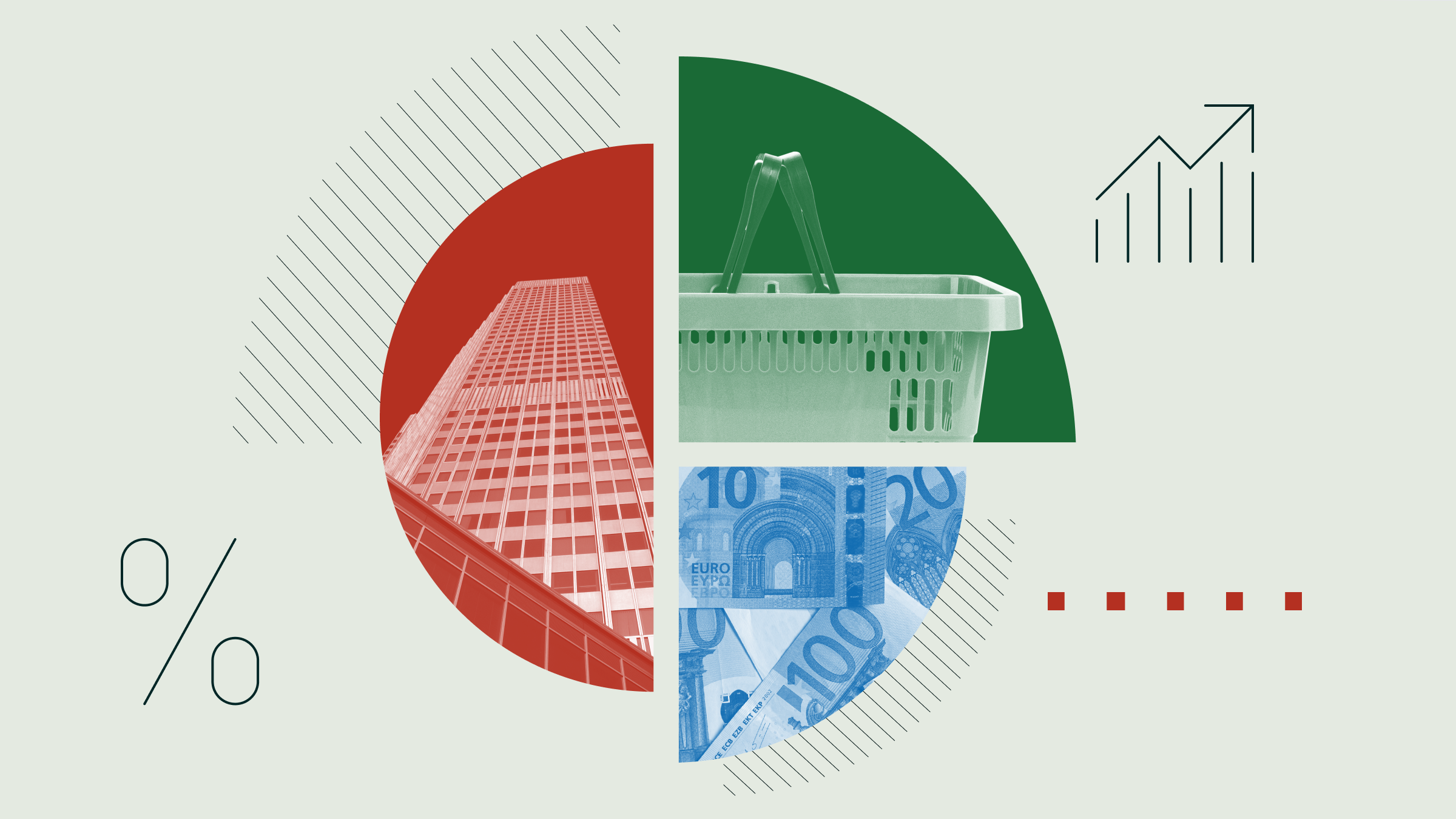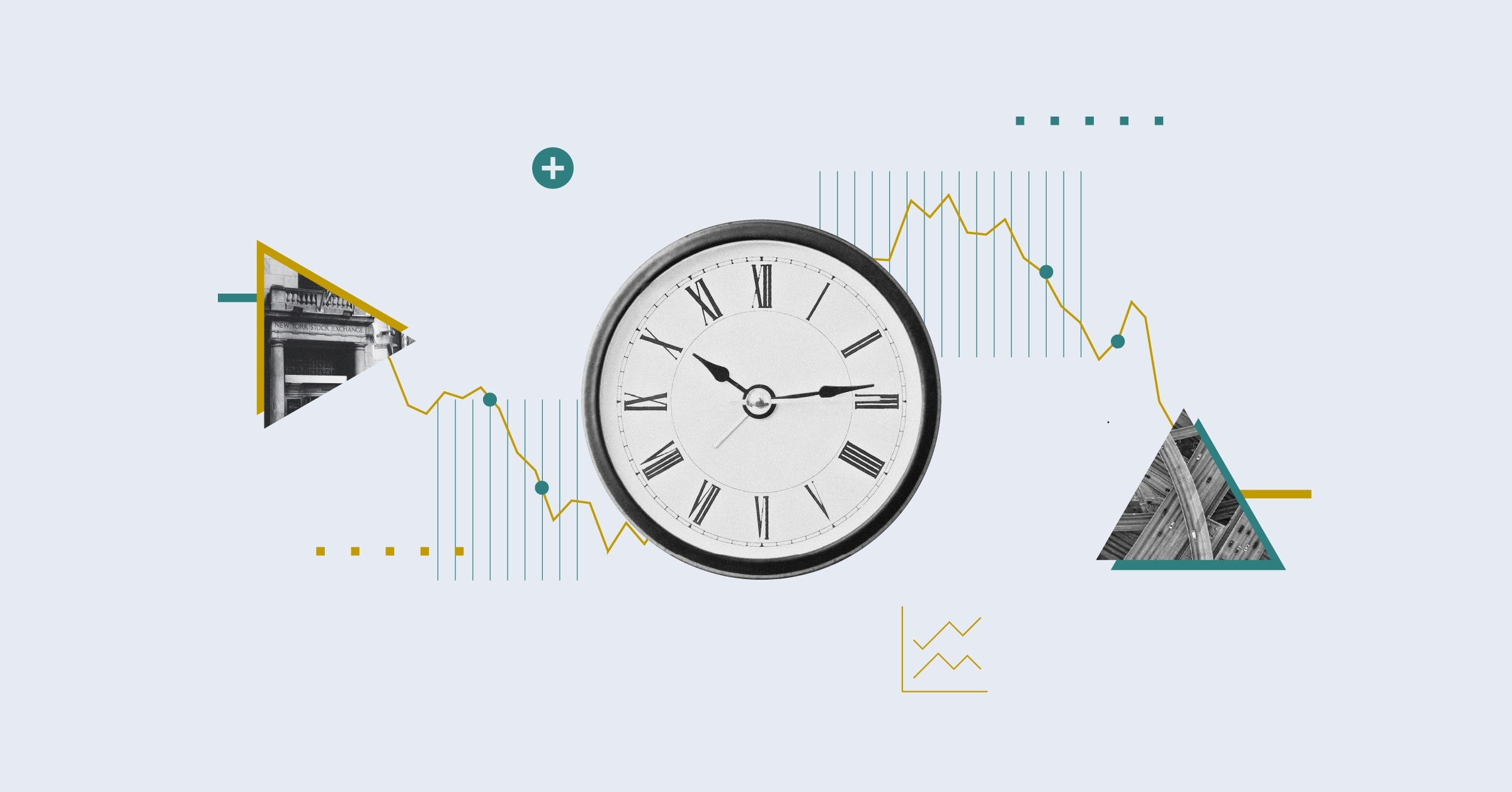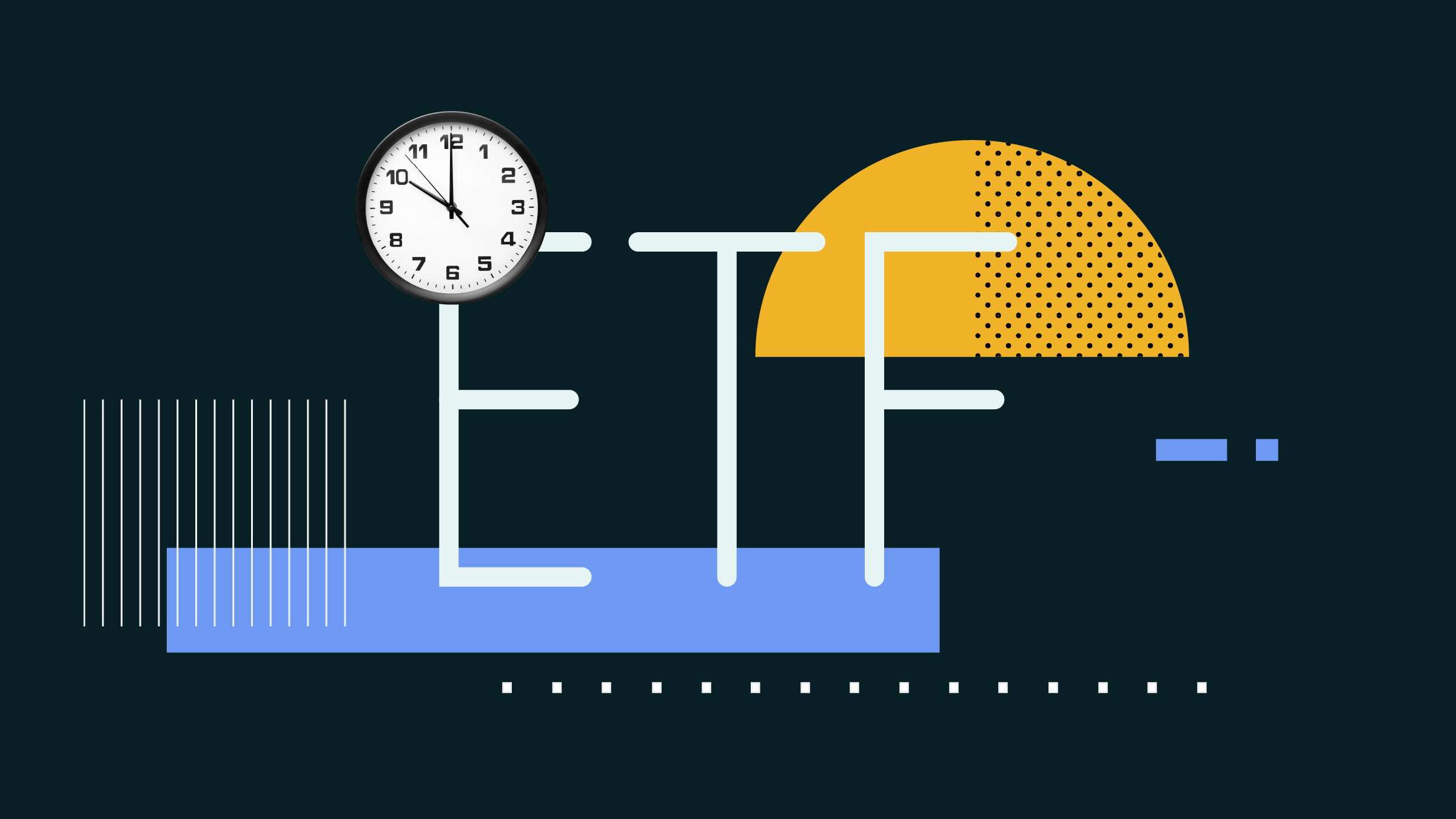Rolle im Portfolio
The iShares MSCI Turkey UCITS ETF provides equity exposure to Turkey, the largest economy in emerging Europe. As is the case with all ETFs offering single country emerging market equity exposure, this fund is best deployed as tactical tool within a well-diversified portfolio.
However investors should be aware that the MSCI Turkey Index is not a good proxy for the Turkish economy. The index is heavily biased towards financials (about 50%), whereas the sector represents less than 5% of the country’s GDP.
Before considering an investment, investors should review their portfolio for existing exposure to the Turkish stock market through other holdings to avoid unintentionally over weighting this region. For instance, Turkish equities represent around 10% of the MSCI EM EMEA Index.
Furthermore, the index’s low to moderate correlations with international stock markets indicate that this fund could provide diversification benefits when added to an existing equity allocation.
Fundamentale Analyse
Structural reforms implemented during the last decade–a requisite of the stand-by agreement signed with the IMF in the early 2000s–set Turkey on a solid economic policy path, allowing it to rebound strongly from the global financial crisis. However, economic growth has slowed recently. While public spending accelerated, private investment remains sluggish, putting pressure on the private sector-led growth. In addition, the GDP per capita and labour productivity remained unchanged since 2007. Also, the current account deficit has grown over the last decade and currently stands at 8% of GDP, while averaging out at 1% over the previous two decades. The impressive growth rates of 9% in 2010 and 2011 were mainly driven by debt-fuelled private consumption and property investments through highly leveraged construction firms. This was not a sustainable growth path. Foreign-denominated corporate debt has doubled to $170bn since 2009, representing 20% of the country’s GDP.
Turkey can only sustain a healthy and sustainable growth path by undertaking bold reforms. The economy is highly depending on exports which are not only important for the country’s development but also for the sustained resilience of the economy. Reforms are needed to restructure its trading sector to ramp up exports and also move higher up the value chain. However, the current political uncertainty, due to a corruption scandal, presidential election in August and the election of a new parliament next year, combined with the ongoing tension in the Middle East and Russia draws a weak economic outlook. In particular, the Middle East crisis has already affected the Turkish economy quite significantly. While the share of export to this region more than doubled from 16% to 34% between 2004 and 2012, the latest figures show a drop in export to Egypt, Saudi Arabia and the UAE of around 12%, 16%, and 6%, respectively. In particular, exports to Iraq, once the country’s largest export destination, dropped by 45% y/y in July alone. The fragile European recovery could only partly compensate the soft demand from the Middle East.
To spur growth, the government needs to invest in technology, improve human capital and encourage flexibility in labour and product markets. However, given the current uncertain political environment, near-term reforms are highly unlikely. Many market experts see Turkey as one of the most vulnerable emerging market countries to changes in the global environment. As long as monetary policies remain accommodative, in particular in the US, short-term investors are likely to remain invested. While the ruling government is probably not committed to harsh but needed reforms, investors won’t necessarily pull out their money just yet, giving credit to the success of the AKP party so far.
Overall, the ballooning current account deficit and the depreciating currency, one more election in 2015 and the conflicts in neighbouring countries – not to mention any potential resurgence of internal social tensions - could continue weighing on the economic outlook going forward.
Indexkonstruktion
The MSCI Turkey Index is a free-float adjusted market capitalisation-weighted index. The index is reviewed four times a year, and as of this writing, is made up of25 stocks in the index. The index is heavily top weighted as the top three constituents represent about 35% of its value. The largest is Turkiye Garanti Bankasi (12-15%), followed by Akbank (8-10%) and Turkcell Iletisim Hizmetleri (6-8%). On the sector level, the financial sector, the most represented sector in the index, represents 48-52% of the index’s value, followed by consumer staples (14-18%) and industrials (12-15%).
Fondskonstruktion
This fund uses physical replication to track its reference index. The fund intends to invest in all of the constituents of the MSCI Turkey Index in the same weightings as in the index. iShares engages in securities lending within this fund to improve its performance. The gross revenues generated from this activity are split 62.5/37.5 between the fund and the lending agent BlackRock, whereby BlackRock covers the costs involved. The fund lent out 29.48% on average over the 12 months period ending June 2014 and received net lending returns of 0.10%. To protect the fund from a borrower’s default, BlackRock takes collateral greater than the loan value. Collateral levels vary from 102.5% to 112% of the value of securities on loan, depending on the assets provided by the borrower as collateral. Additional counterparty risk mitigation measures include borrower default indemnification. Specifically, BlackRock commits to replace the securities that a borrower would fail to return. The indemnification arrangement is subject to changes, and in some cases without notice. Finally, BlackRock limits the amount of assets that can be lent out by this ETF at 50%. For cash and dividend management purposes, the fund uses futures, thus limiting tracking error.
Gebühren
The fund levies a total expense ratio of 0.74%; the most expensive ETF tracking Turkish equities. Other potential costs associated with holding this fund which are not included in the TER include rebalancing costs, bid-ask spreads and brokerage fees.
Alternativen
As of writing, there are six other ETFs providing equity exposure to Turkey. Investors interested in a like-for-like alternative could use the db x-trackers MSCI Turkey ETF. This fund uses physical replication and levies a TER of 0.65%. The largest alternative in terms of total assets under management is the Lyxor ETF DJ Turkey Titans 20. The ETF from Lyxor uses synthetic replication and offers very similar market exposure in terms of sector breakdown and number of stocks. It levies a total expense ratio of 0.65%.
Die in diesem Artikel enthaltenen Informationen dienen ausschließlich zu Bildungs- und Informationszwecken. Sie sind weder als Aufforderung noch als Anreiz zum Kauf oder Verkauf eines Wertpapiers oder Finanzinstruments zu verstehen. Die in diesem Artikel enthaltenen Informationen sollten nicht als alleinige Quelle für Anlageentscheidungen verwendet werden.

















